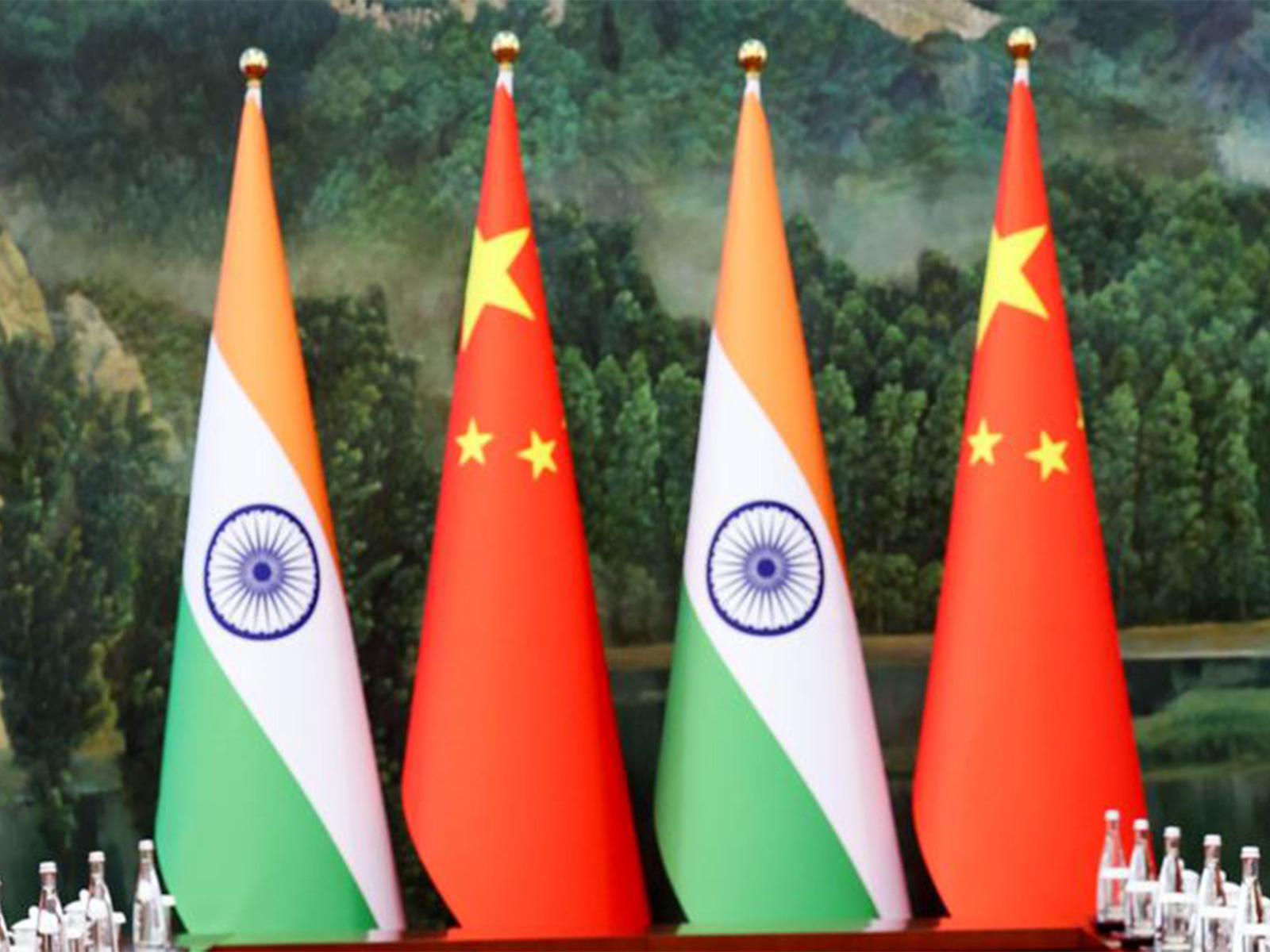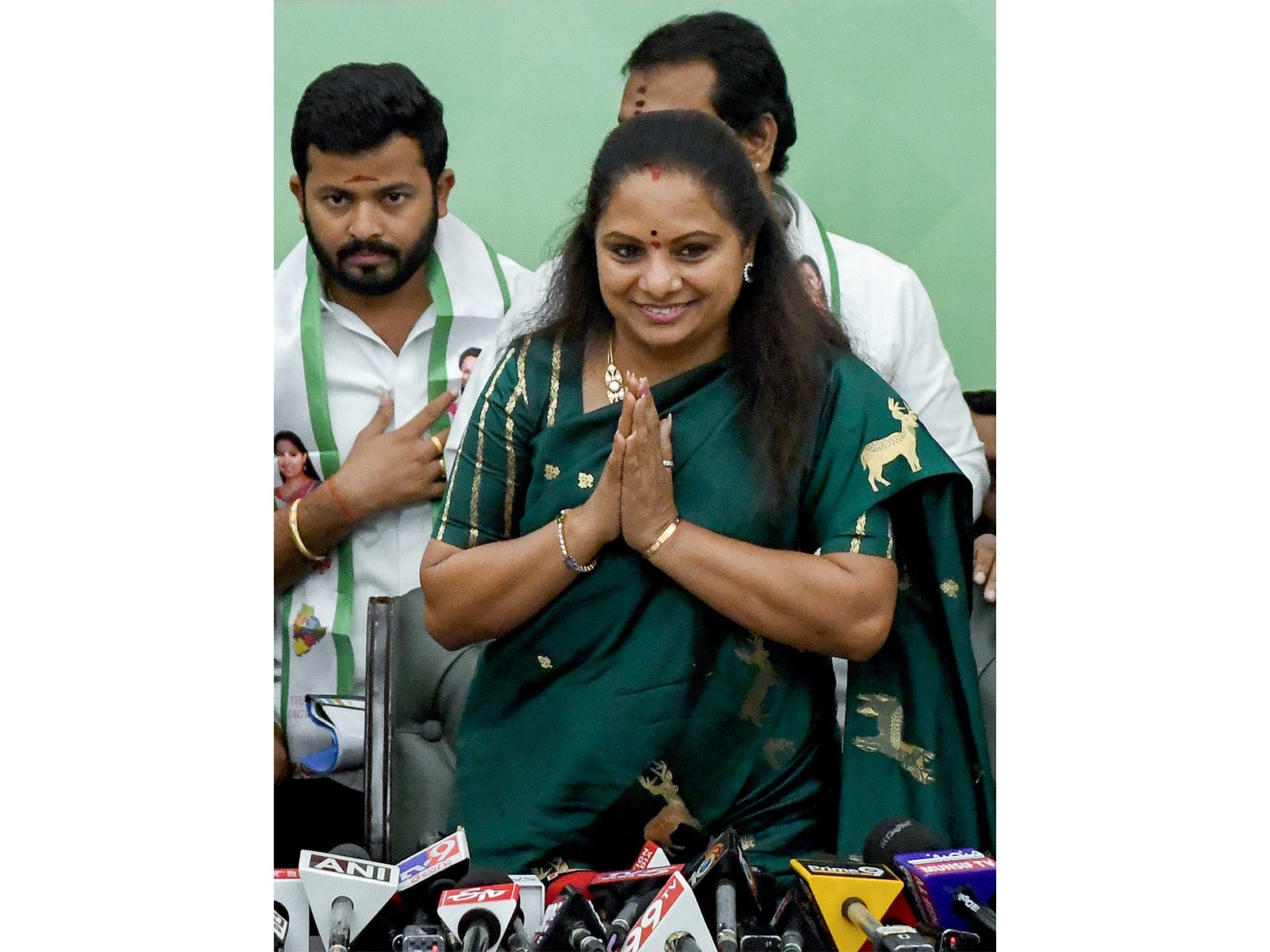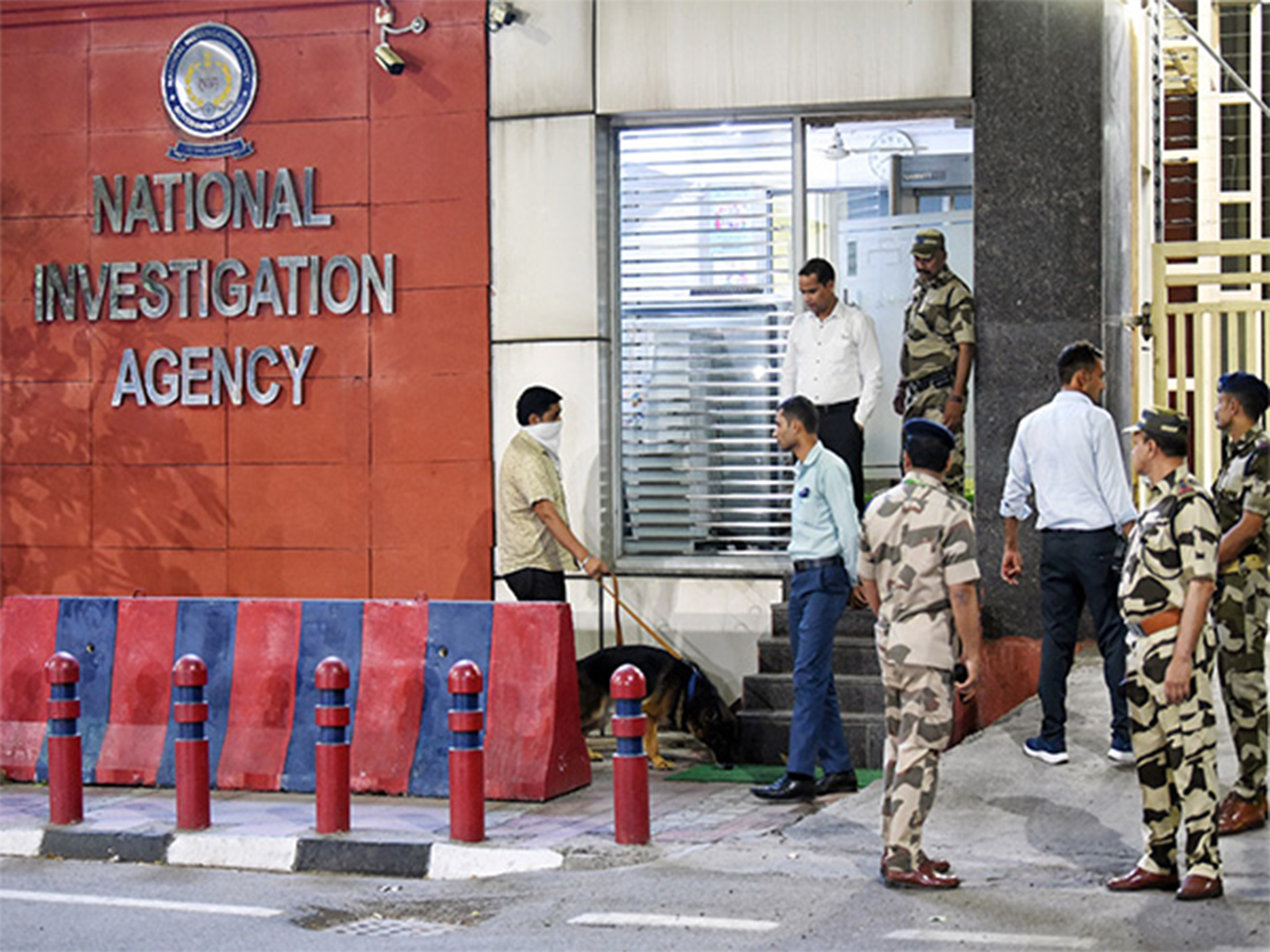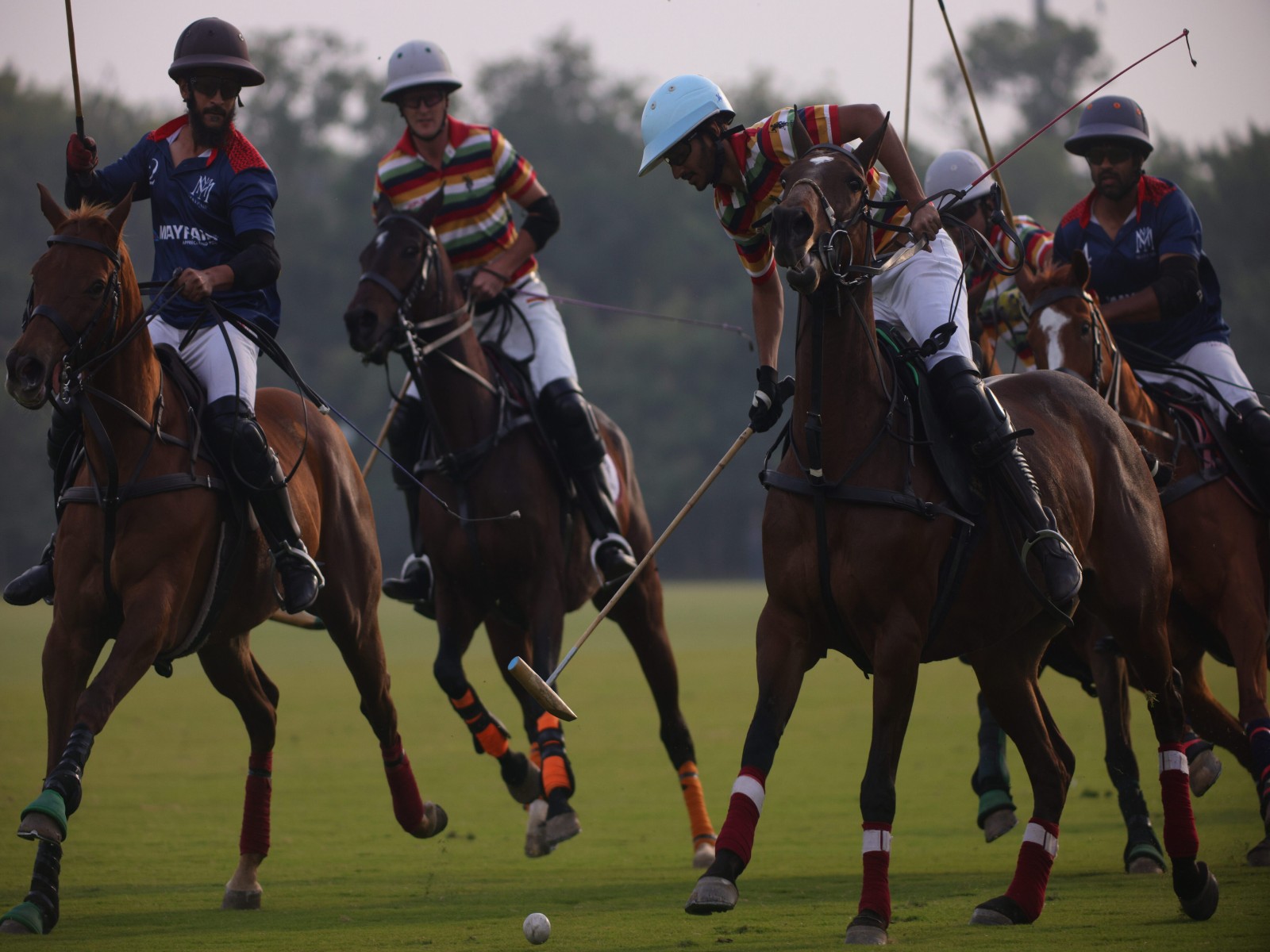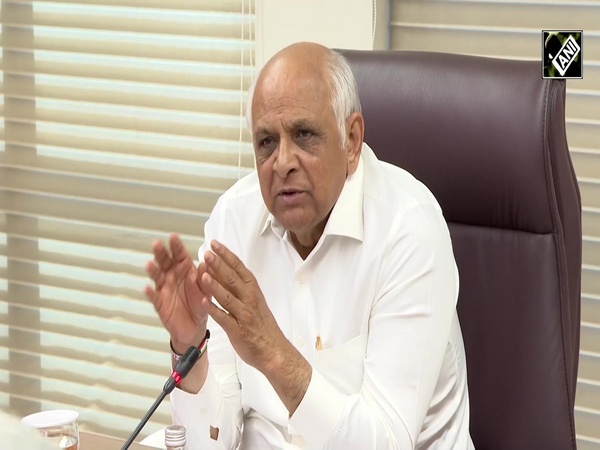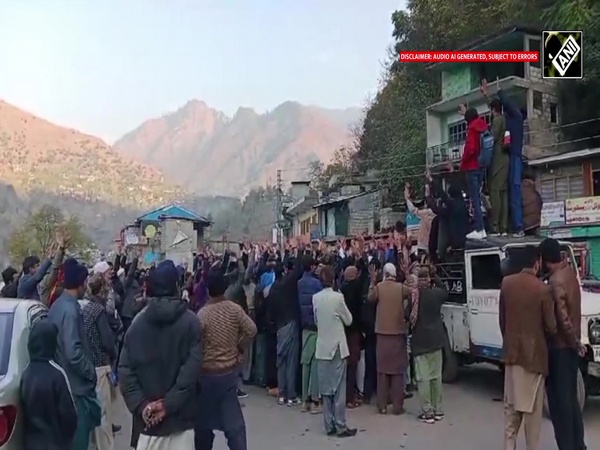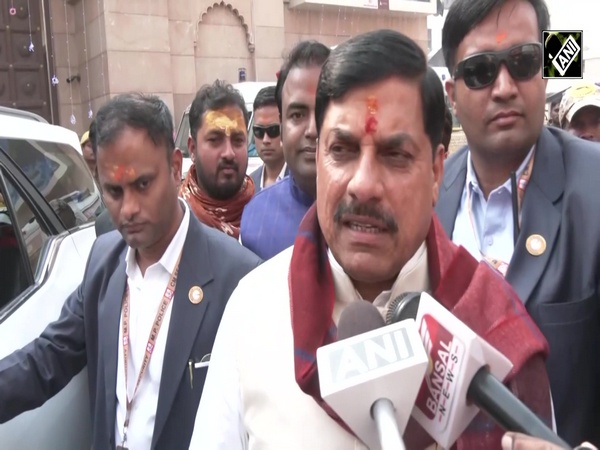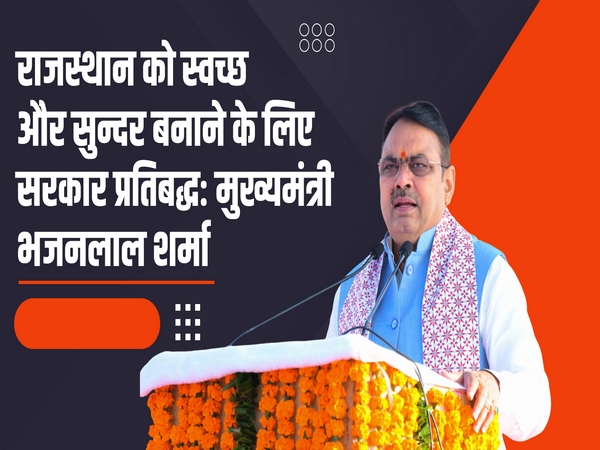BJP's Sahnawaj Hussain accuses Mehbooba Mufti of "playing vote bank politics" after she mourned Hezbollah chief's death
Sep 30, 2024

New Delhi [India], September 30 : Bharatiya Janata Party leader Sahnawaj Hussain on Monday slammed the People's Democratic Party (PDP) chief Mehbooba Mufti for expressing grief over Hezbollah chief Hassan Nasrallah's death, asking why she doesn't express similar feelings when Indian soldiers get killed in Jammu and Kashmir.
Hussain also accused Mufti of doing vote bank politics to woo the 14 per cent Shia voters in Kashmir.
Speaking to ANI, Shahnawaz Hussain said, "Mehbooba Mufti is playing vote bank politics, she is aware that 14 per cent of Shia voters are there (in Kashmir). But why doesn't she speak up or show grief when Indian soldiers are killed? Why doesn't she abandon her campaign then? Why doesn't she feel sorrow when Indian soldiers die, but show so much grief over the death of Hezbollah's chief? The whole country knows this."
His comments came after People's Democratic Party (PDP) chief Mehbooba Mufti on Sunday cancelled her election campaign in solidarity with "martyrs of Lebanon and Gaza" after Hezbollah leader Nasallah was killed by Israel in Beirut.
In a post on X, Mehbooba Mufti said, "Cancelling my campaign tomorrow in solidarity with the martyrs of Lebanon and Gaza especially Hassan Nasarullah. We stand with the people of Palestine and Lebanon in this hour of immense grief and exemplary resistance."
Meanwhile, BJP leader Nalin Kohli has questioned Mehbooba Mufti's stance on past violence in Jammu and Kashmir after her statement on the Hezbollah chief's death, saying, "On which side are they standing? Are they standing on the path of peace? Or on the path of violence?"
Speaking to ANI BJP leader Kohli, "The larger question is, on which side are they standing? Are they standing on the path of peace? Or on the path of violence? ... Now when they come out with this kind of statement on an organisation or a person where globally there are concerns about the path of violence that it took to, then they will obviously, Omar Abdullah and Mufti, be seen as being on the path that supports violence and not peace. And the larger question then will come that when the violence took place in Jammu and Kashmir, when terrorism started to increase there, in which there was a genocide and the Kashmiri Pandits were moved out of it... Therefore, were they also in a way indirectly supporting that kind of thinking that led to violence? These are serious questions that they can't escape answers from."
